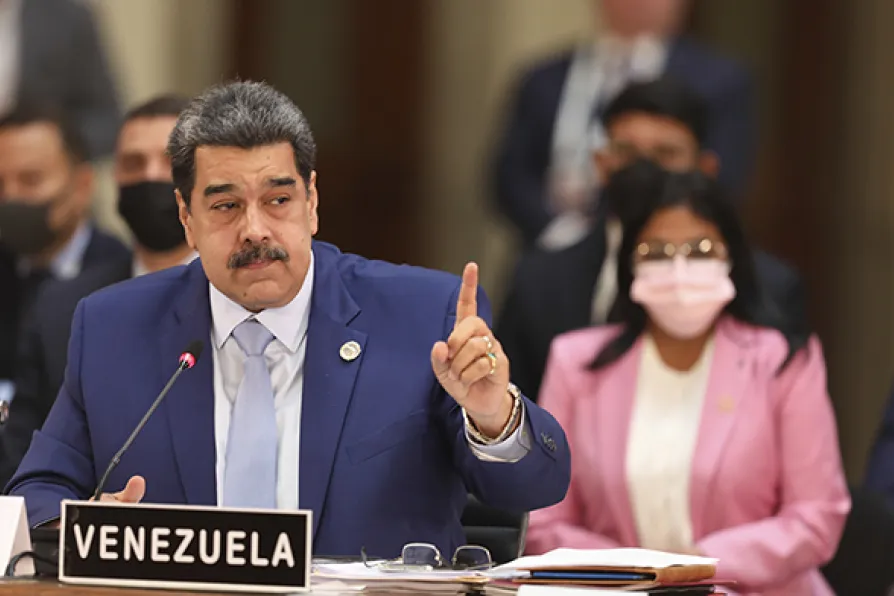The Mandelson scandal reveals a political settlement in which democratic choice is curtailed and the power of markets eclipses the will of voters – only the left can challenge this, writes JON TRICKETT MP

 Venezuela's President Nicolas Maduro
Venezuela's President Nicolas Maduro
A SIGNIFICANT sense of relief was evident among progressives in the United States and throughout much of the world when Donald Trump was defeated in his re-election bid last year.
Given his catastrophic approach to Covid-19, alliances with extreme-right elements in US society, and further steps towards war on Iran, this was entirely understandable.
Having lived through the tenure of numerous US presidents (from both major parties), though, there are some policy agendas which have been constant: notably their approach to Latin America.

International solidarity can ensure that Trump and his machine cannot prevail without a level of political and economic cost that he will not want to pay, argues CLAUDIA WEBBE

The US is desperate to stop Honduras’s process of social and democratic change, writes TIM YOUNG












